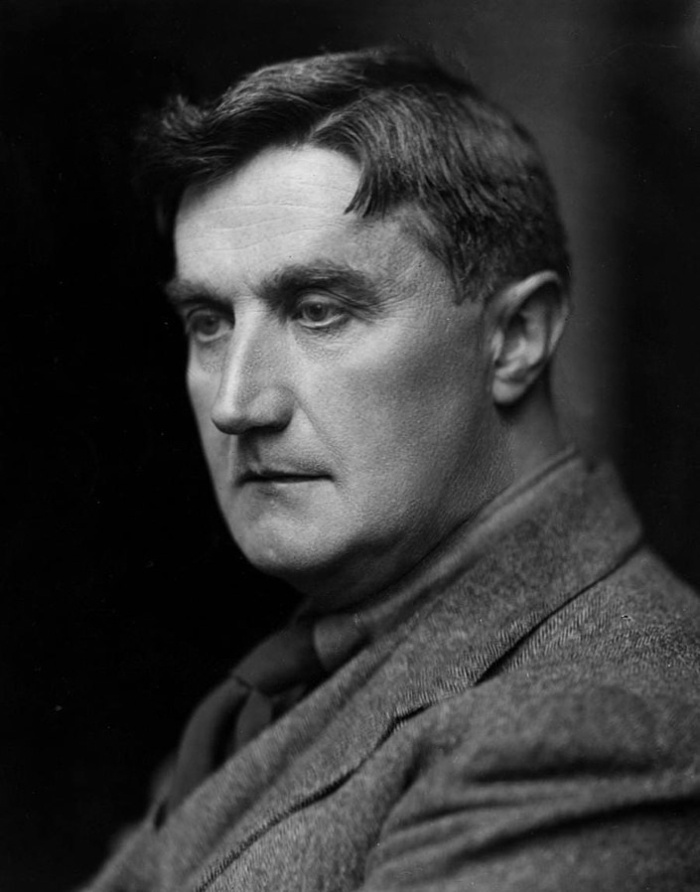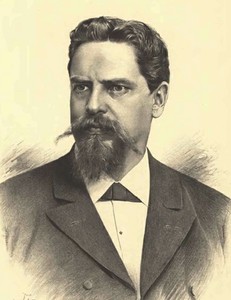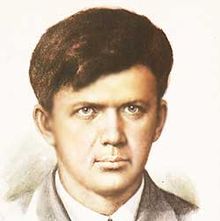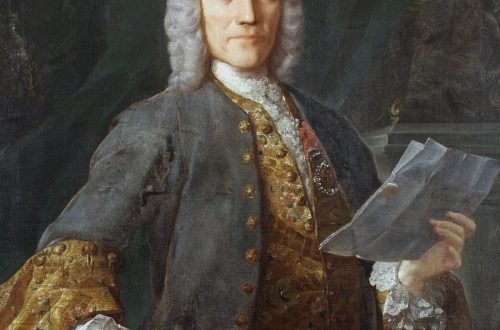
Ralph Vaughan Williams |
Ralph Vaughan Williams
English composer, organist and musical public figure, collector and researcher of English musical folklore. He studied at Trinity College, Cambridge University with C. Wood and at the Royal College of Music in London (1892-96) with X. Parry and C. Stanford (composition), W. Parrett (organ); improved in composition with M. Bruch in Berlin, with M. Ravel in Paris. From 1896-99 he was organist at South Lambeth Church in London. Since 1904 he has been a member of the Folk Song Society. From 1919 he taught composition at the Royal College of Music (from 1921 professor). In 1920-28 the head of the Bach Choir.
Vaughan Williams is one of the founders of the new English school of composition (“English musical renaissance”), which proclaimed the need to create national professional music based on English musical folklore and the traditions of English masters of the 16th and 17th centuries; asserted her ideas with his work, embodying them in works of different genres: 3 “Norfolk rhapsodies” (“Norfolk rhapsodies”, 1904-06) for a symphony orchestra, fantasies on the theme of Tallis for a double string orchestra (“Fantasia on a theme by Tallis”, 1910), the 2nd London Symphony (“London symphony”, 1914, 2nd ed. 1920), the opera “Hugh the Gurtmaker” (op. 1914), etc.
His most significant achievements are in the field of symphonic and choral music. In a number of symphonic works by Vaughan Williams, episodes of the history of the English people are embodied, realistic pictures of the life of modern England are recreated, the musical material for which he drew mainly from English musical folklore.
Vaughan-Williams’ symphonic works are distinguished by their dramatic nature (4th symphony), melodic clarity, mastery of voice leading, and ingenuity of orchestration, in which the influence of the Impressionists is felt. Among the monumental vocal, symphonic and choral works are oratorios and cantatas intended for church performance. Of the operas, “Sir John in Love” (“Sir John in Love”, 1929, based on “The Windsor Gossips” by W. Shakespeare) enjoys the greatest success. Vaughan Williams was one of the first English composers who actively worked in the cinema (his 7th symphony was written on the basis of the music for the film about the polar explorer R. F. Scott).
The work of Vaughan-Williams is characterized by the scale of ideas, originality of musical and expressive means, humanistic and patriotic orientation. Vaughan-Williams’s literary-critical and journalistic activity played an important role in the formation of English musical culture of the 20th century.
MM Yakovlev
Compositions:
operas (6) – Hugh the driver (1924, London), The poisoned kiss (The poisoned kiss, 1936, Cambridge), Riders to the sea (1937, London), The pilgrim’s progress, no to Benyan, 1951, London) and others; ballets — Old King Cole (Old King Cole, 1923), Christmas night (On Christmas night, 1926, Chicago), Job (Job, 1931, London); oratorios, cantatas; for orchestra – 9 symphonies (1909-58), incl. software – 1st, Marine (A sea symphony, 1910, for choir, soloists and orchestra to words by W. Whitman), 3rd, Pastoral (Pastoral, 1921), 6th (1947, after “The Tempest” by U . Shakespeare), 7th, Antarctic (Sinfonia antartica, 1952); instrumental concerts, chamber ensembles; piano and organ compositions; choirs, songs; arrangements of English folk songs; music for theater and cinema.
Literary works: The formation of music. Afterword and notes by S. A. Kondratiev, M., 1961.
References: Konen W., Ralph Vaughan Williams. Essay on life and creativity, M., 1958.





